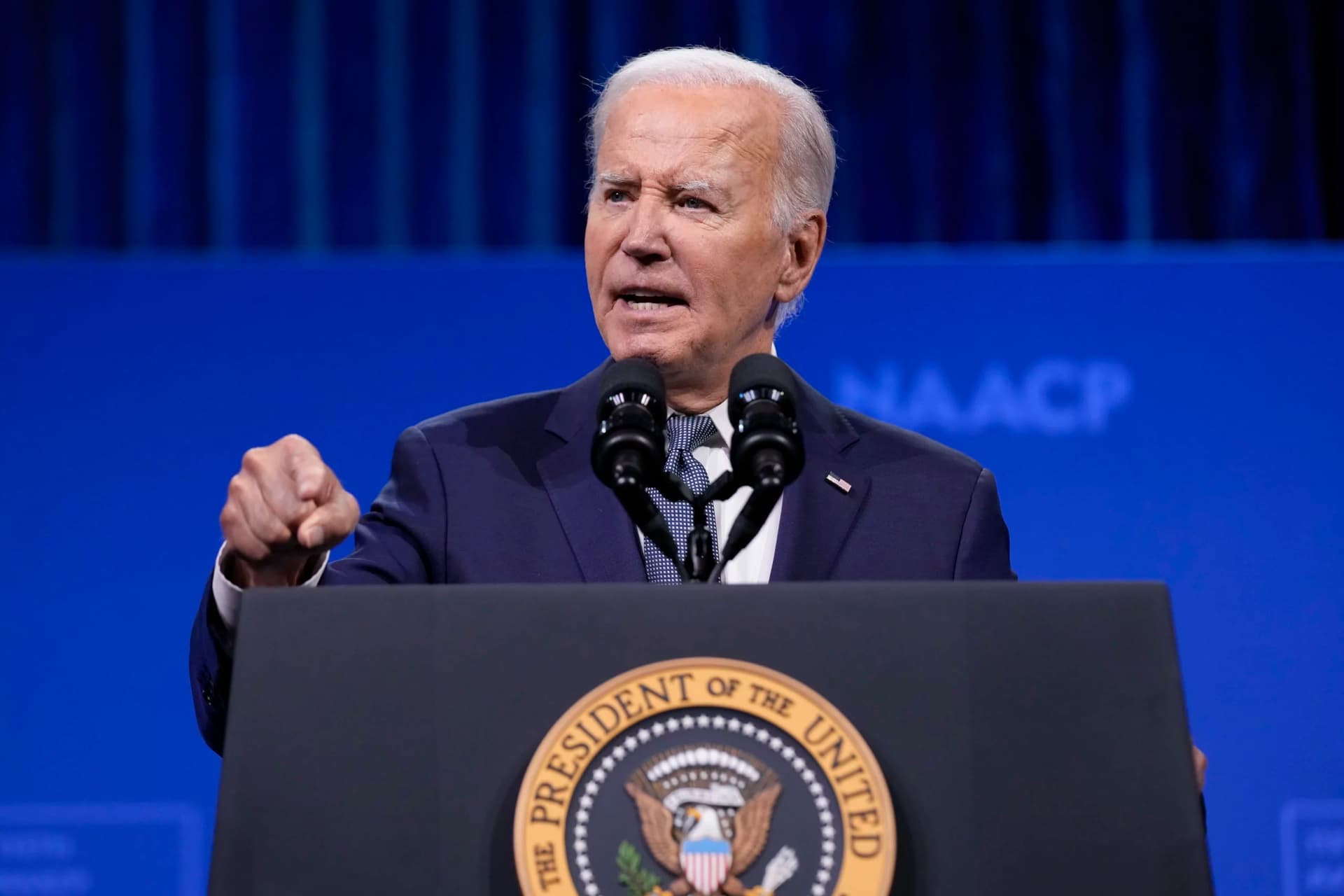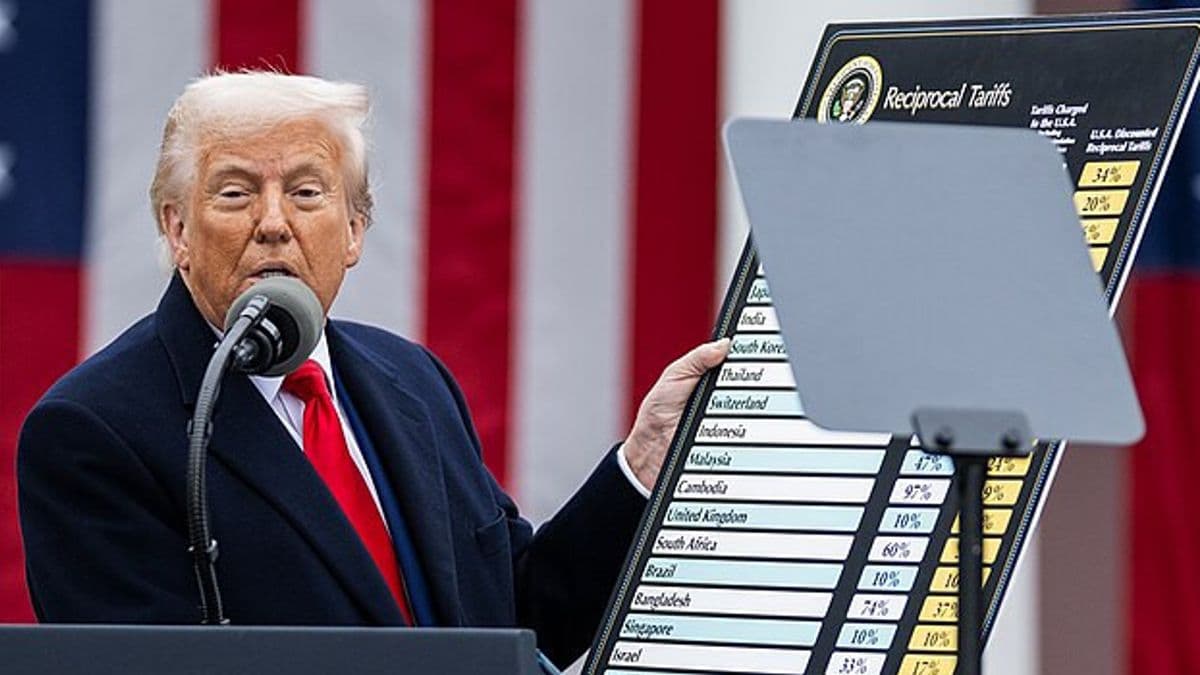Democrats Move to Repeal Expanded Orphan-Drug Exemption from Medicare Talks
Senate Democrats introduced legislation to undo a Republican expansion of an orphan-drug exemption from Medicare drug-price negotiations after a new Congressional Budget Office estimate raised its 10-year cost projection. The move targets a provision passed in July and would narrow the exemption to drugs with under $400 million in annual Medicare spending, with implications for federal budgets, industry pricing, and patients with rare diseases.

Senate Democrats launched a targeted effort to roll back a recent expansion of an orphan-drug exemption from Medicare price negotiations, arguing the provision’s fiscal cost has grown substantially since it was enacted. The draft bill, first shared with Axios and sponsored by Sens. Peter Welch (D-Vt.), Ron Wyden (D-Ore.) and Catherine Cortez Masto (D-Nev.), would repeal the Republican-authored provision passed in July and replace it with a narrower threshold for exemptions.
The sponsors are citing a new Congressional Budget Office analysis that estimates the widened exemption will cost $8.8 billion over 10 years, up from a previous estimate of $4.9 billion. Under the Democratic draft, drugs for rare diseases would only be exempt from Medicare negotiation if they account for less than $400 million in annual Medicare spending, creating a spending-based cap intended to limit the number of high-cost therapies excluded from price talks.
Republicans used the reconciliation vehicle in July to expand an existing exclusion for medicines that treat rare diseases—commonly called orphan drugs—from the government’s authority to negotiate prices under Medicare. The Democratic move to rescind that expansion frames the change as a matter of fiscal stewardship and program integrity, while raising questions about how to balance cost containment with incentives for developing treatments for small patient populations.
Policy analysts and budget watchdogs will be watching the CBO score closely; a more than 75 percent upward revision in the projected cost of the carve-out strengthens Democrats’ argument that the provision undermines the negotiation program’s ability to achieve savings for taxpayers and beneficiaries. The proposed $400 million threshold creates a clear, quantifiable rule that would fold many higher-spending rare-disease therapies back into the negotiation process, potentially increasing federal leverage to lower prices for some costly drugs.
The political and institutional path for the bill is uncertain. Repealing a portion of a law enacted via reconciliation will still require legislative maneuvering and votes in both chambers. The proposal is likely to face opposition from lawmakers and stakeholders that argue exemptions are necessary to preserve incentives for biotech investment and to protect patient access to specialized therapies. Industry groups representing pharmaceutical manufacturers have previously resisted limitations on orphan-drug designations, citing long development timelines and small market sizes for many rare-disease treatments.
Beyond budget math and industry strategy, the debate touches on patient communities that depend on orphan drugs and on broader public concerns about drug affordability. The coming weeks are likely to see testimony, lobbying and possible committee action as senators weigh the fiscal trade-offs of narrowing an exemption that proponents of repeal say erodes the negotiating law’s objectives. Observers say key indicators to watch include the formal CBO re-score, any changes in the bill’s threshold language during markup, and how members of both parties position themselves ahead of floor consideration.
Sources:
Know something we missed? Have a correction or additional information?
Submit a Tip

